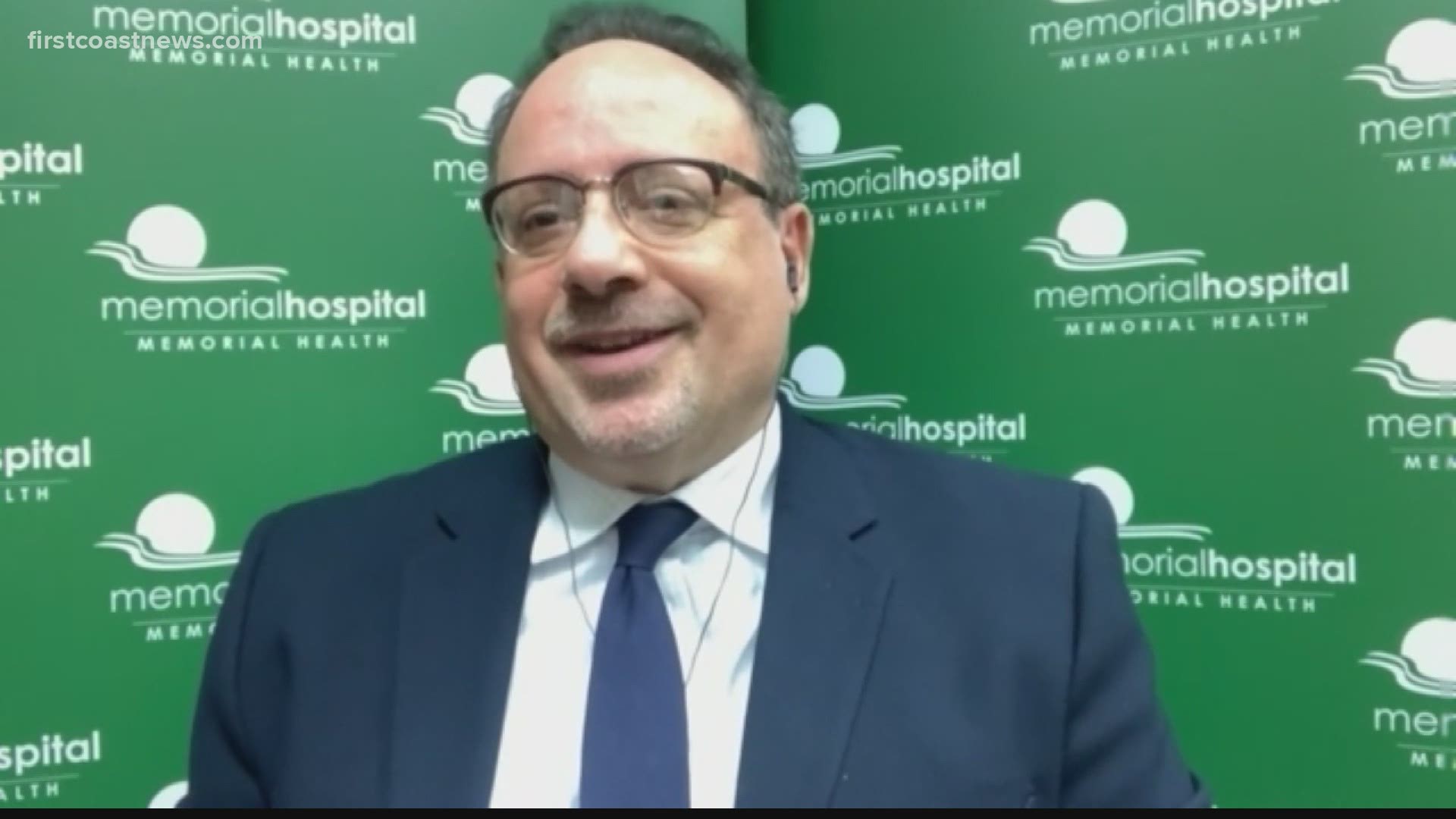This Heart Month local doctors have new warnings because of COVID-19 and, believe it or not, a new smart phone.
Heart disease is the leading cause of death in our country and during the time it takes to watch the video on this story, two people will die from it.
Dr. Nicholas Mandalakas, cardiac electrophysiologist at Memorial Hospital, is now asking a question you wouldn't expect from your doctor.
"Honestly, I'm starting to ask people, 'what kind of iPhone is that?'" Mandalakas said. "Previously I would see the phone and I wouldn't ask, but now I typically do."
He wants more people to know that your phone could interfere with your pacemaker or defibrillator if you have one. It's because of the magnets in them. Charging devices that use magnets are even more common now.
The Heart Rhythm Society published a study in January in which they say an iPhone 12 suspended a defibrillator. Apple now has a warning about magnets on its website, published in January.
"You really don't want an individual unknowingly putting a magnet over their defibrillator because they could die," Mandalakas said. "You see the Heart Rhythm Society coming out with a warning, that's unusual for the Heart Rhythm Society to have a warning about a consumer product."
Anywhere between 500,000 and three million people in the U.S. have pacemakers, according to the National Institutes of Health. Mandalakas says there's heightened concern about these smart phones among doctors now; with patients, he's been seeing another problem.
Mandalakas says people are still delaying treatment because of COVID-19. He gives the example of one person who ended up being hospitalized before having the procedure they needed.
"We're having a lot of conversations with people who are delaying things," he said. "Who knows when life will return back to normal. The things that we deal with, they really shouldn't be waiting."
Mandalakas is also getting a common question from his patients about the COVID-19 vaccine.
"Heart patients typically are on blood thinners," he said. "Very early on, we sent out a message that you can have a vaccine injection without stopping those drugs. Most of our patients who've been vaccinated got the message, went, got vaccinated, never stopped anything."
He encourages people to remember and remind their friends and family not to keep smart phones near their hearts.

